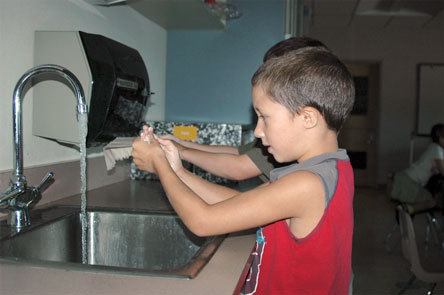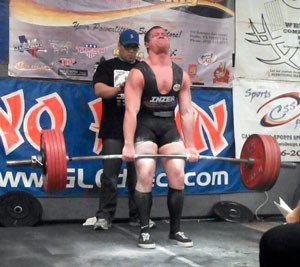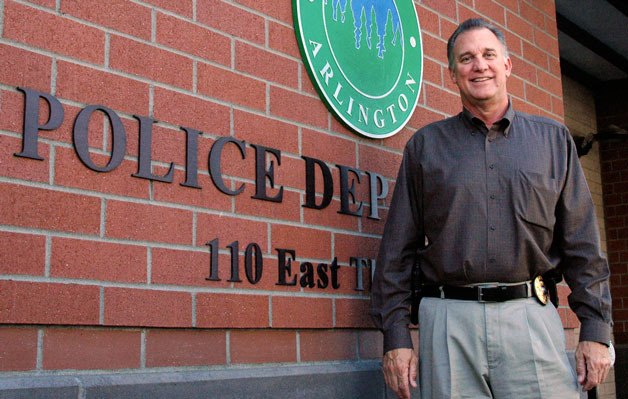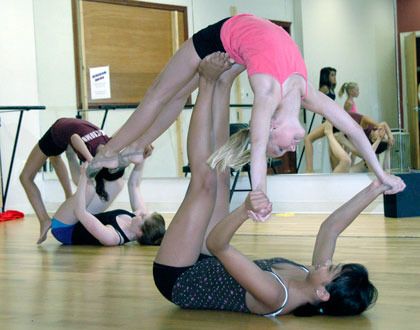ARLINGTON — Twenty seconds of hand-scrubbing still wasn’t enough for second-graders at Eagle Creek Elementary — their fingernails were still dirty.
But the students, as well as other students within the Arlington School District, recently learned how to prevent the spread of disease and bacteria by thoroughly washing their hands.
From Sept. 14-18, Cascade Valley Hospital staff held hand washing education classes at six Arlington schools.
“Hand washing is something that anyone can do,” said Kelly Penny, Cascade Valley community relations director and teacher of the classes. “It’s a great message to promote.”
Classes took place at Kent Prairie, Pioneer, Eagle Creek, Trafton, Stillaguamish Valley and Presidents elementary schools
During 30-minute washing sessions with various classes at the schools, Penny and other hospital staff squirted a lotion-like substance on students’ hands called GlitterBug Potion — a substance meant to represent germs on the students’ hands.
Jodi Smith’s second-grade class were the first students to undergo the hand washing class Sept. 16 at Eagle Creek.
After the students had a quick hand-washing refresher course from Penny, the lotion was applied and the children were asked to look at their hands under a large black light in the front of the classroom.
“You’re going to see all sorts of germs,” Penny told the students, referring to the lotion on their hands. “Usually you can’t see the germs — that’s the biggest problem.”
The lights in the classroom were then turned off.
Under the ultraviolet light, the lotion looked like white powder on the students’ hands, giving them a visual indicator of what types of germs may be on their hands under normal circumstances.
The result caused most students to giggle or grin at the sight of their glowing hands.
After the second-graders got to glance at their “dirty” hands, they were asked to rigorously wash the lotion off.
A second black light in the back of the classroom showed that the students had not removed all of the lotion, suggesting that they needed to improve their hand-washing skills.
“Where did you guys still have ‘bacteria’?” Penny asked the students.
One girl said she still had spots around her fingernails, and other boy near her agreed.
“Fingernails are often the hardest place to clean,” Penny responded.
Students also received anti-bacterial wipes that they could keep in their backpacks.
After the demonstration, the students were told that they could avoid spreading germs by coughing or sneezing into their elbows instead of their hands.
“We don’t usually shake elbows with others,” Penny said.
Smith said that the event was a great learning opportunity for her students.
“I think it will really help students be more aware of the correct hand washing techniques,” she said. “We really appreciated the time (Cascade Valley) took to spend with our students.”







